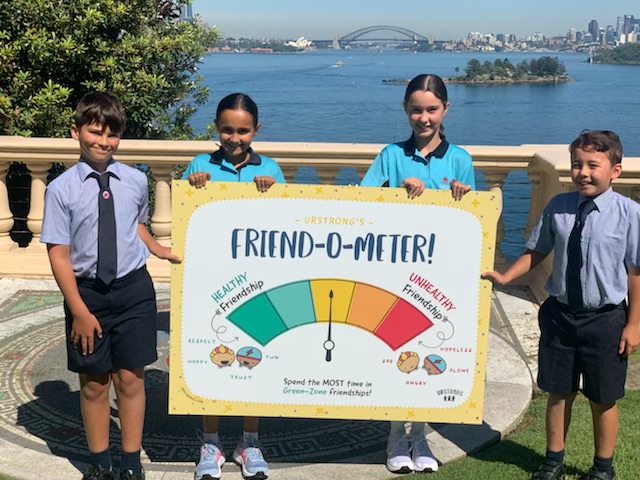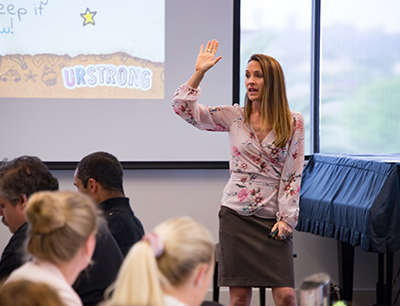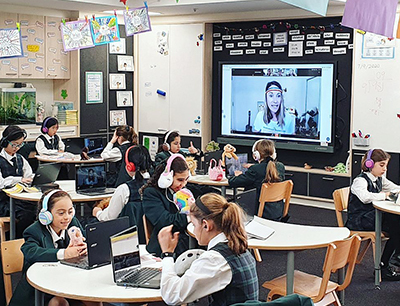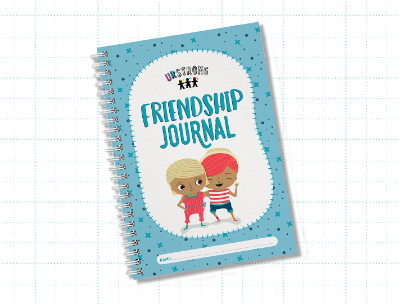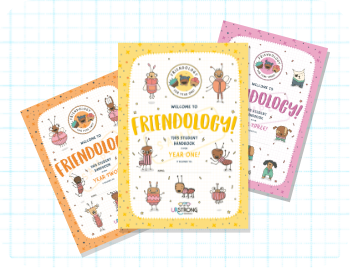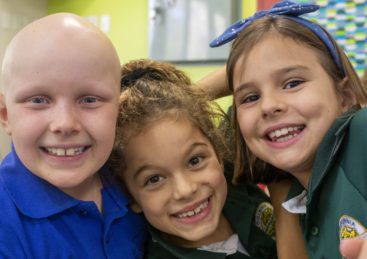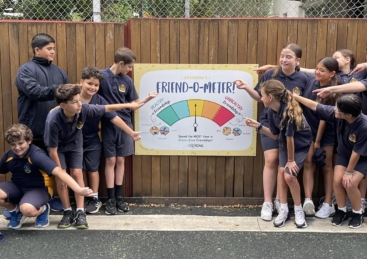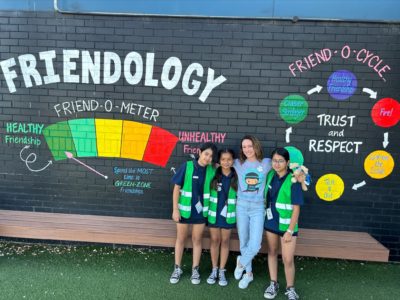
Research conducted by Dana Kerford, Founder of URSTRONG, reveals that the experiences and feelings related to friendships are remarkably similar for both boys and girls. This challenges the prevalent misconception that boys and girls navigate friendships differently. According to Kerford, “Children, regardless of gender, share common desires and challenges in their friendships. They want to feel liked, cool, and accepted by their peers. This desire transcends gender, race, socioeconomic status, and all other factors. It’s a universal truth – all kids want to get along and belong. ”
All children seek connection and acceptance. Whether they identify as girls, boys, transgender, or non-binary, every child experiences emotional ups and downs in their friendships. Feelings can get hurt due to gossip, relational aggression (which is often mistakenly viewed as exclusively a female issue), physical aggression (mistakenly viewed as an exclusively male issue) , and the all-too-familiar Silent Treatment. Kerford emphasizes that “Boys and girls experience similar Friendship Fires®, the term we coined at URSTRONG for conflict in a friendship,” illustrating how their struggles in relationships are more alike than different.
Despite these similarities, historical socialization based on gender has led to some noteworthy differences in how some children navigate friendships:
- Girls are often advised to “Just ignore her! She’s just jealous,” while boys may hear, “Suck it up! Be a man!”
- Girls are encouraged to maintain a sweet demeanor, being told to “Be friends with everyone!” On the other hand, boys are sometimes permitted to express friendship through physicality, encapsulated in the phrase “Boys will be boys.”
- While girls are expected to express emotions openly, boys may face stigma for showing vulnerability through tears.
The impact of gender stereotyping and other cultural influences tend to present themselves as children approach adolescence. The damaging messages surrounding gender roles can significantly influence how children build and engage in their relationships.
Through Friendology, URSTRONG’s friendship skills curriculum for schools, these stereotypes are challenged. The program encourages discussions that provide children with a common language to express themselves and understand their friendships better. By fostering an environment that celebrates individuality rather than conforming to gender norms, students learn to honor and appreciate their unique differences. The Friendology curriculum provides language and strategies to support children in creating healthy friendships and, ultimately, healthy relationships.
Nearly two decades of research from URSTRONG underscores the importance of recognizing the similarities in children’s friendship experiences, while also addressing the societal pressures that shape their interactions. As Dana Kerford states, “When we empower all children to appreciate their differences, we pave the way for healthier, more inclusive friendships.” This understanding is essential for educators and parents alike, as we strive to nurture the next generation’s relational skills.
Click here to learn more about the impact URSTRONG Schools are having on children’s friendships.

